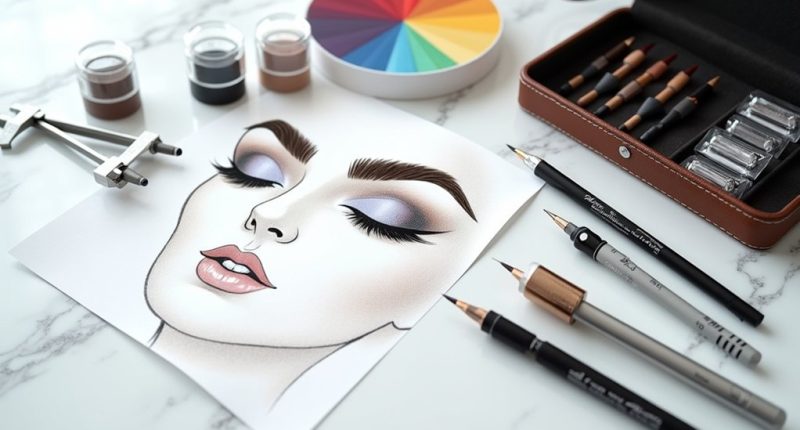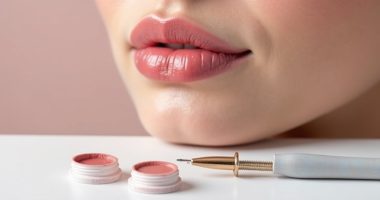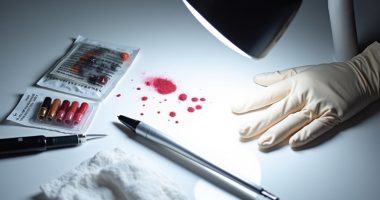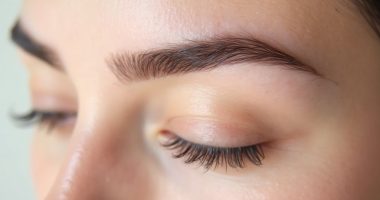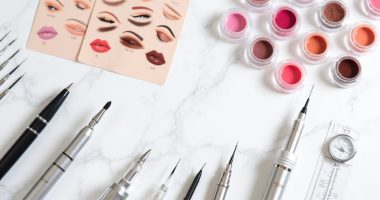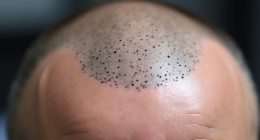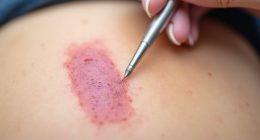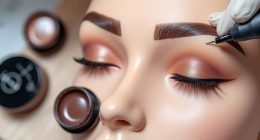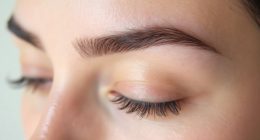Permanent makeup artists transform faces using specialized needles rather than brushes. They blend psychology with artistry, evaluating facial features to enhance clients' natural beauty. Training requires 80-300 hours of education plus bloodborne pathogen certification. These skin artists earn $50,000-$100,000+ annually, managing everything from bookings to sterilization protocols. They're part technician, part therapist, part business owner. Every face tells a story—they just help write it more boldly.
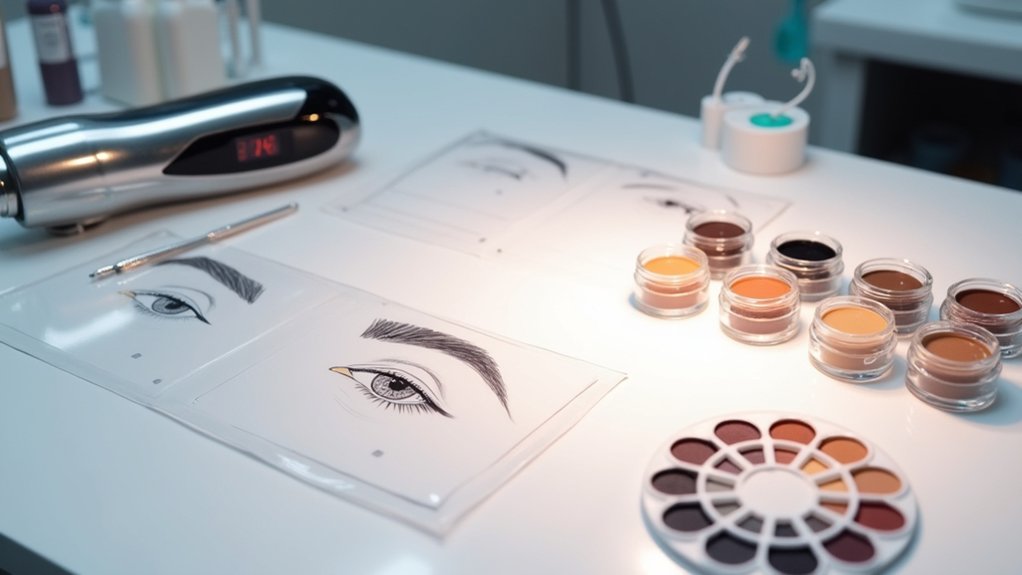
While most artists work with canvas and paint, permanent makeup artists use skin as their medium—and there's no eraser for mistakes. These specialized artists transform faces daily, wielding tiny needles instead of brushes. Their artistic techniques require precision that would make renaissance painters sweat. One wrong stroke? You're wearing it for years.
Client consultations are the foundation of successful permanent makeup application. Artists assess facial features, discuss desired outcomes, and sometimes have to gently steer clients away from regrettable choices. Let's face it—not everyone should have Instagram-worthy brows. These professionals blend psychology with artistry, reading between the lines of what clients say they want versus what will actually enhance their features. They must explain that results may fade over time, requiring future touch-ups to maintain the desired appearance.
Training for permanent makeup artists is no weekend workshop. They complete between 80 and 300 hours of specialized education, master bloodborne pathogen certification, and navigate a maze of state licensing requirements. They're artists who also need to understand skin anatomy, color theory, and proper sterilization techniques. Renaissance painters never worried about cross-contamination. Many aspiring artists must also complete a 1500-hour apprenticeship under a licensed professional before becoming certified.
The business side isn't glamorous. Artists manage bookings, market themselves on social media, and price their services between $200-$800 per procedure. Building a portfolio takes time. Early work often happens on brave friends willing to be human canvases. Creating a strong portfolio is essential for showcasing skills effectively and attracting new clients to grow their business.
Safety protocols dominate their practice. Every needle sterilized, every surface sanitized. They're constantly educating clients about risks and aftercare. Informed consent forms aren't just paperwork—they're protection for everyone involved.
The profession offers surprising financial potential. Top artists earn $50,000-$100,000+ annually. Many work independently, creating their own schedules and specializing in procedures that interest them most. Some eventually move into training others or developing products.
Ethical considerations run deep in this field. Client wellbeing always comes first. Setting realistic expectations matters—no promising Jennifer Lopez lips to someone with naturally thin ones. Good artists turn away clients when procedures are medically contraindicated, even when it hurts their bottom line.
Permanent makeup artistry combines technical skill with aesthetic vision. It's transformative work that requires steady hands and steady nerves. These artists don't just apply makeup—they restore confidence, save daily routine time, and sometimes, literally, change faces.
Frequently Asked Questions
How Painful Is Permanent Makeup Application?
Permanent makeup pain? It varies wildly.
Client experiences range from "totally fell asleep" to "wow, that stings!" Pain tolerance plays a huge role – some people barely notice while others squirm uncomfortably.
Sensitive areas like eyelids? Yeah, those hurt more than brows. Most describe it as annoying rather than unbearable.
Good news: numbing creams help tremendously. The whole ordeal? Usually over pretty quick.
Worth it for waking up with perfect makeup, honestly.
Can Permanent Makeup Cause Allergic Reactions?
Yes, permanent makeup can definitely cause allergic reactions. It happens in about 2-3% of cases. No surprise there.
The culprits? Usually pigments (especially red and yellow ones), latex gloves, or topical anesthetics. People with skin sensitivity are more at risk, obviously.
Symptoms range from mild irritation to full-blown rashes, swelling, and itching. The fun part? Reactions might show up immediately or wait years to surprise you.
Patch testing helps, but nothing's guaranteed.
How Long Does Permanent Makeup Last Before Fading?
Permanent makeup isn't actually permanent. Go figure. It typically lasts 1-3 years, with eyeliner and lip color sometimes hanging around for up to 5 years.
Fading factors? Oily skin speeds up the process. Sun exposure? Kiss your makeup goodbye faster. Age matters too.
For maximum longevity, maintenance tips include touch-ups every 12-18 months, avoiding harsh skincare products, and protecting treated areas from sun exposure. Nothing lasts forever, especially not tattooed eyebrows.
Is Permanent Makeup Safe During Pregnancy?
Most medical experts recommend avoiding permanent makeup during pregnancy.
Period. Pregnancy precautions exist for good reason – those pigments might enter the bloodstream and potentially reach the baby. Not worth the risk.
Increased skin sensitivity from hormonal changes can also mess with healing and results. No solid research proves it's safe.
Some artists might say it's fine. They're not doctors. Better to wait until after pregnancy and breastfeeding.
Just use pencil for now.
What Happens if I Don't Like the Final Results?
Unhappy with permanent makeup? It happens. Good news: options exist.
For fresh procedures, saline removal works within 48 hours. Talk about immediate relief!
For healed work, several removal techniques can fade those regrettable results – laser, saline, or chemical solutions. Multiple sessions needed, obviously.
Touch up options include color correction or shape adjustments through additional tattooing. Camouflage techniques work too.
The process takes time. Months, even a year. Nobody said beauty was quick.
